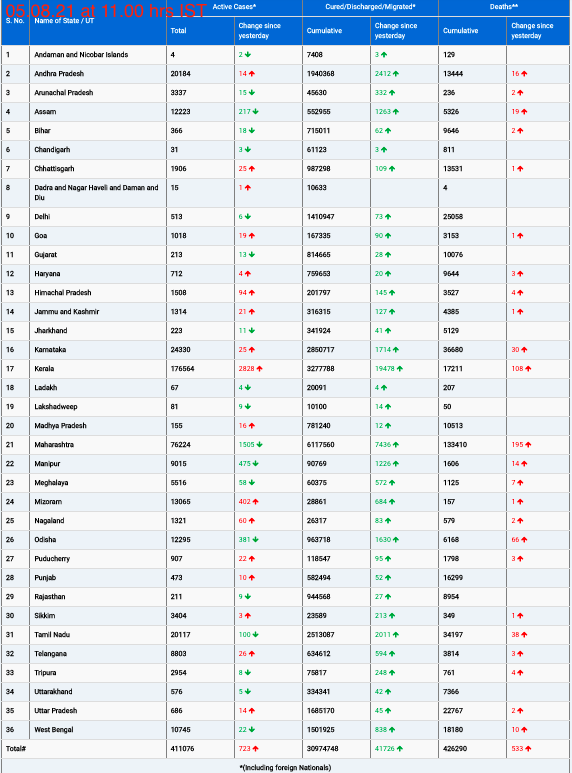New York, August 31, 2024 — Tuberculosis (TB) has long been a formidable global health challenge, ranking as the leading cause of death from infectious diseases worldwide. Despite the availability of antibiotics, there remains a significant disparity between the number of Mycobacterium tuberculosis (Mtb) infections and the severity of disease outcomes. A recent breakthrough by researchers at The Rockefeller University may offer a critical piece of the puzzle, shedding light on the genetic vulnerabilities that exacerbate TB and could reshape our understanding of immune responses and treatment strategies.
In a groundbreaking study published in Nature, Rockefeller researchers Stéphanie Boisson-Dupuis and Jean-Laurent Casanova have identified a rare genetic mutation that significantly increases the likelihood of severe TB but does not predispose individuals to other infectious diseases. This discovery challenges established notions about the immune system’s role and suggests that the function of tumor necrosis factor (TNF) might be far more specific than previously understood.
Historically, TNF has been recognized as a central player in the immune response, particularly in inflammation and defense against infections. Previous research has linked acquired deficiencies in TNF to heightened TB risk, but this new study reveals a genetic basis for this deficiency. The researchers found that a mutation in the TNF gene impairs a specific immune process in the lungs, leading to targeted, severe TB infections.
“The past 40 years of scientific literature have attributed a wide variety of pro-inflammatory functions to TNF,” explains Casanova, head of the St. Giles Laboratory of Human Genetics of Infectious Diseases at Rockefeller. “But beyond protecting the lungs against TB, it may have a limited role in inflammation and immunity.”
Casanova’s team has been investigating the genetic causes of TB for over two decades, analyzing whole-exome sequences from more than 25,000 global patients, including approximately 2,000 with TB. Their research has uncovered several rare genetic mutations linked to TB susceptibility. For instance, mutations in the CYBB gene impair the respiratory burst mechanism, compromising the production of reactive oxygen species (ROS) essential for pathogen destruction.
In the latest study, the researchers examined two individuals from Colombia who experienced severe, recurrent TB infections despite initially responding well to antibiotics. Genetic analysis revealed that these patients carried a mutation in the TNF gene, which is crucial for regulating various biological processes, including inflammation and immune responses.
The mutation led to a failure in the respiratory burst process, leaving the patients’ alveolar macrophages—key immune cells in the lungs—vulnerable to Mtb infection. Remarkably, these individuals showed no increased susceptibility to other infectious diseases, suggesting a selective vulnerability to TB.
This discovery also explains why TNF inhibitors, commonly used to treat autoimmune and inflammatory conditions, increase the risk of TB. Without functional TNF, the body’s defense mechanisms against TB are compromised.
The implications of this research are profound. It suggests a need to reevaluate TNF’s role in immune function and explore alternative cytokines that may perform similar functions in combating TB. “If we can identify other pro-inflammatory cytokines that play a role in immunity against TB, we may be able to develop targeted treatments that do not rely on TNF inhibition,” Casanova says.
As the medical community digests these findings, there is hope that this new understanding could lead to innovative approaches in treating TB and potentially other inflammatory disorders.












